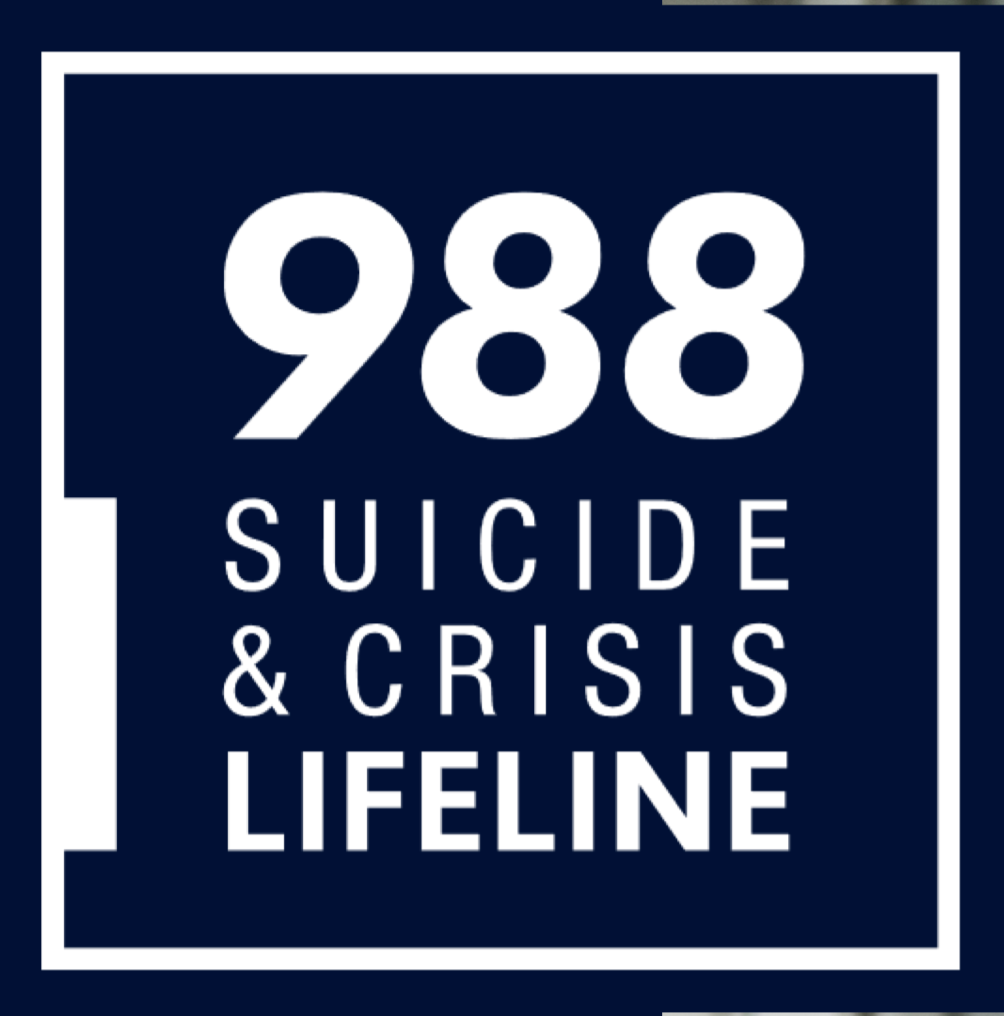For Higher Education
Suicide prevention for college students is an ever growing issue in the Nation and across Tennessee. The Tennessee Suicide Prevention Network (TSPN) and appointed members of the Tennessee Higher Education Suicide Prevention Task Force, have come together to compile the below information. You will immediately note The Facts surrounding this at risk group. Below recommended resources you will also find the Resources for Higher Education Leadership which provides sample documents to be used to address suicide prevention/intervention/postvention for Tennessee’s Higher Education Institutions.
The Facts:
College students are in a state of life transition and can be overwhelmed with new opportunities and new responsibilities. Lifestyle changes, such as sleep deprivation and substance abuse, can contribute to suicidal behavior.
- Suicide is the second leading cause of death for college students
- Approximately 1,100 college students die by suicide every year
- 6% of college students report they have seriously considered suicide over the past year; 90%of those students created a suicide plan, 14% actually attempted suicide, and 60% continued to have thoughts of suicide.
Signals:
There are some behaviors that signal possible suicidal thoughts and attempts. Knowing these signals and taking action may help you save someone’s life. A person might be suicidal if they:
- Have sadness or depression that will not go away
- Become withdrawn or isolate themselves from friends, family, and society
- Have difficulty going to classes
- Become highly anxious or agitated
- Display rage or uncontrolled anger
- Give away prized possessions
- Increase their use of alcohol and drugs
- Acquire a firearm
- Lose weight or have a decrease in appetite
- Change their sleeping patterns, cannot sleep, or sleep all the time
- Engage in reckless and risk-taking behavior
- State they have no reason to live
- Talk about or threaten suicide. (If this happens, TAKE IMMEDIATE ACTION).
Remember: Any one of these signals alone doesn’t necessarily indicate a person is suicidal. However, several signals may be cause for concern. Signals are especially important if the person has attempted suicide in the past. Listen. Be a friend. Get professional help. Your actions may save a life!
Risk Factors:
A variety of factors contribute to suicidal thoughts and behaviors in college students.
DEPRESSION contributes to suicidal thoughts and suicide attempts. Over a third of college students reported being so depressed they found it difficult to function. **
HOPELESSNESS – 45% of college students had felt their situation was hopeless**
LONELINESS 55% of college students had felt very lonely. **
ACADEMIC STRESSORS can be a contributing factor to suicide. College students who have attempted suicide cite academic stress as one of the reasons for their suicide attempts. Almost half who consider suicide cite academic problems as a contributing factor.*
FINANCIAL CONCERNS are cited as a contributing factor by 78% of students who attempt suicide and in 31% of students who seriously consider suicide. *
Other factors such as relationship problems and issues with PARENTS can contribute to suicidal thoughts and behaviors.
Certain populations of college students such as LGBTQI students, veterans, minority students, students who do not live on campus, and students who have known someone who died by suicide are at a higher risk for suicide and suicide attempts.
What to Do:
- ASK the question, “Do you feel like going to sleep and never waking up?”, or find someone who can. Take the risk factors and signals seriously.
- LISTEN to them without judgment. Show interest in the person and be supportive of him or
- Offer hope that there are alternatives to
- Take Remove methods the person might use to kill him or herself. Do not leave the person alone.
- GET HELP from his or her family, friend, physician, clergy,
- IMMEDIATELY contact a person or organization that specializes in crisis intervention or suicide prevention for help.
Resources for Higher Education Leadership
The Tennessee Higher Education Suicide Prevention Task Force was an appointed task force created and approved by the Tennessee Suicide Prevention Network (TSPN) Advisory Council on June 8, 2017, which served to unite colleges/universities throughout Tennessee towards the goal of suicide prevention. The task force met to create and carry out action items to best help the at-risk population of college students. Colleges and universities pose a unique problem for suicide prevention/intervention/postvention efforts. To read more about the problem, and emphasis for this task force, please review this document: Tennessee Higher Education Suicide Prevention White Paper.
Tennessee Higher Education Suicide Prevention Strategies for Outreach and Curriculum Infusion
It is our hope that this tool kit provides helpful suicide prevention outreach and curriculum infusion strategies that can meet the unique needs of campuses regardless of size or available resources. These strategies are simply recommendations for building a sustainable program. It is understood that not all efforts will work for every college or university. Please use this tool kit as a guide for your campus and university’s efforts. Whether your efforts are grassroots or fully developed, this guide can serve to strengthen your suicide prevention strategic plan.
Tennessee Higher Education Suicide Prevention Protocol Guidelines for Suicide Intervention and Postvention
This document was created as a tool to aid in the development of protocols specific to your institution. In the development of your institution-specific protocols, determine which stakeholders are most pertinent to your campus; the most effectively developed protocol will result from a campus-wide approach with input from an array of campus offices. Consider developing a team to assist in this process and include members from counseling, residence life, academic affairs, students, behavior intervention team, campus police, etc. TSPN staff and members of the Higher Education Task Force are available to assist as you create campus protocols.
988 Suicide & Crisis Lifeline
The Lifeline is a free 24/7, confidential, short-term crisis counseling line for those experiencing distress. It is a myth that 988 is only for suicidal individuals; it is available to everyone. Call, text, or chat 988 if you are overwhelmed, stressed, and need to talk with a trained counselor.

This project is funded under a grant contract with the State of Tennessee, Department of Mental Health and Substance Abuse Services.




